Learn about bronze statues, including their history, process, and care. Visit our blog for more information
Bronze statues are a fascinating and complex topic. They have been a part of human culture for centuries, and they continue to be popular today. If you are interested in learning more about bronze statues, this article is for you.
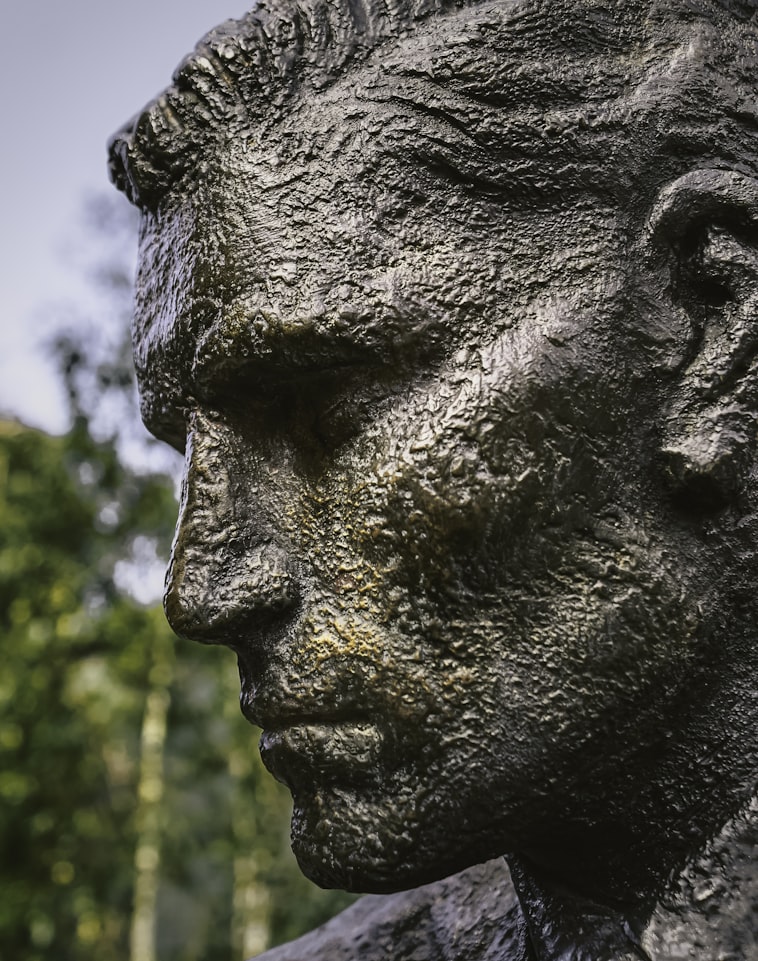
Source: K. Mitch Hodge
We at The Marbleism Studio have taken our time to compile the most frequently asked question about Bronze statues in different aspects of the topic such as maintenance questions, cost, history, composition and even casting techniques of bronze statues. Questions as basic as “What is a bronze statue?” to more complex aspects as “How is a bronze statue made?”, “How to tell the age of a bronze statue”, and interesting questions like “how to tell if a statue is bronze” will be discussed here today
The first question of the day is for you to answer, here it goes, "Are You Readyyy??"
We hope that was a yes and without further ado, let’s get started.
A bronze statue is a three-dimensional work of art made by pouring molten bronze into a mold. Bronze is an alloy of copper and tin, and it is known for its strength, durability, and beauty. Bronze statues have been made for centuries, and they can be found in all cultures around the world.
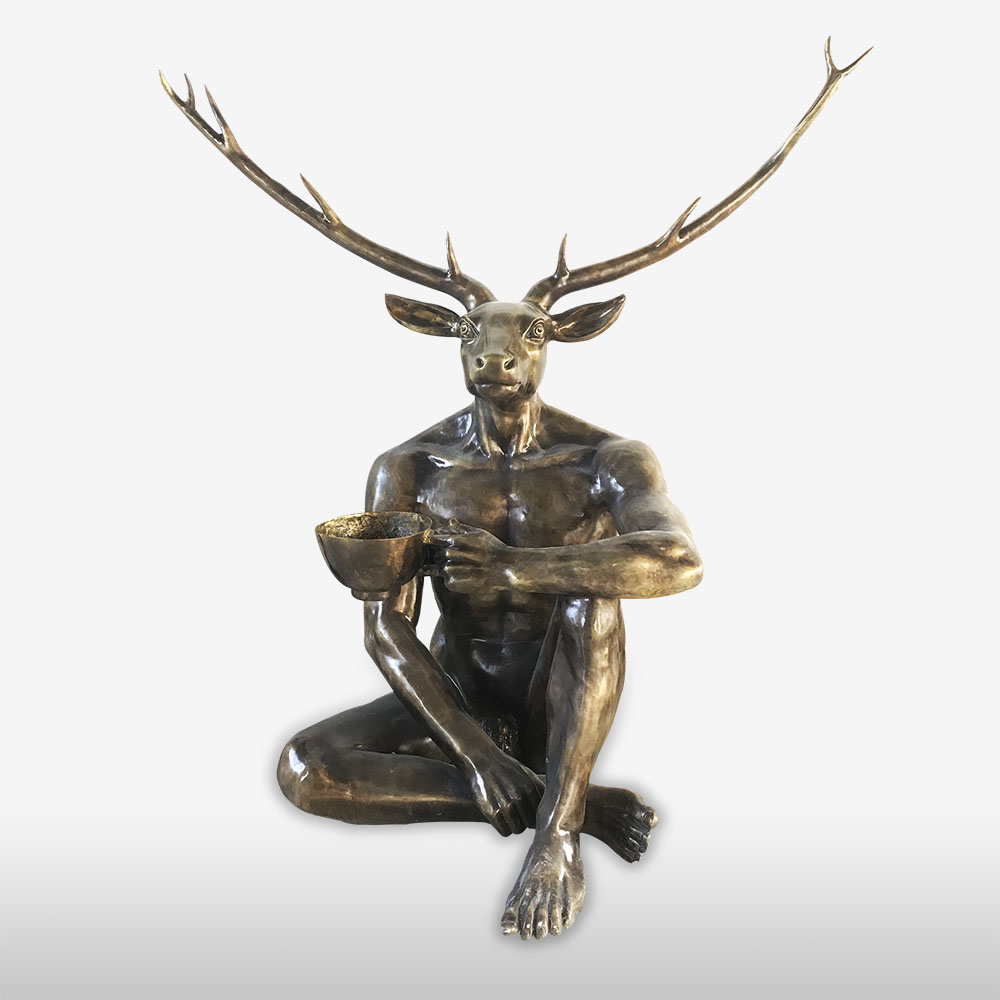
(Life Size Bronze Statues Of DeerMan)
The cost of a bronze statue can vary depending on a number of factors, including the size of the statue, the complexity of the design, the artist's reputation, and the materials used. In general, however, bronze statues can range in price from a few hundred dollars to several hundred thousand dollars or more
At Marbleism, Average bronze sculptures can price from about $3500 upwards, The prices vary with the complexity of the bronze sculpture in question
Bronze statues are a beautiful and timeless addition to any home or garden. However, they can be susceptible to dirt, grime, and oxidation. Here are some tips on how to clean a bronze statue:
This will help to remove dirt and debris that can build up on the surface of the statue. You can use a soft cloth or brush to dust the statue. If you have a statue that is in a high-traffic area, you may need to dust it more often.
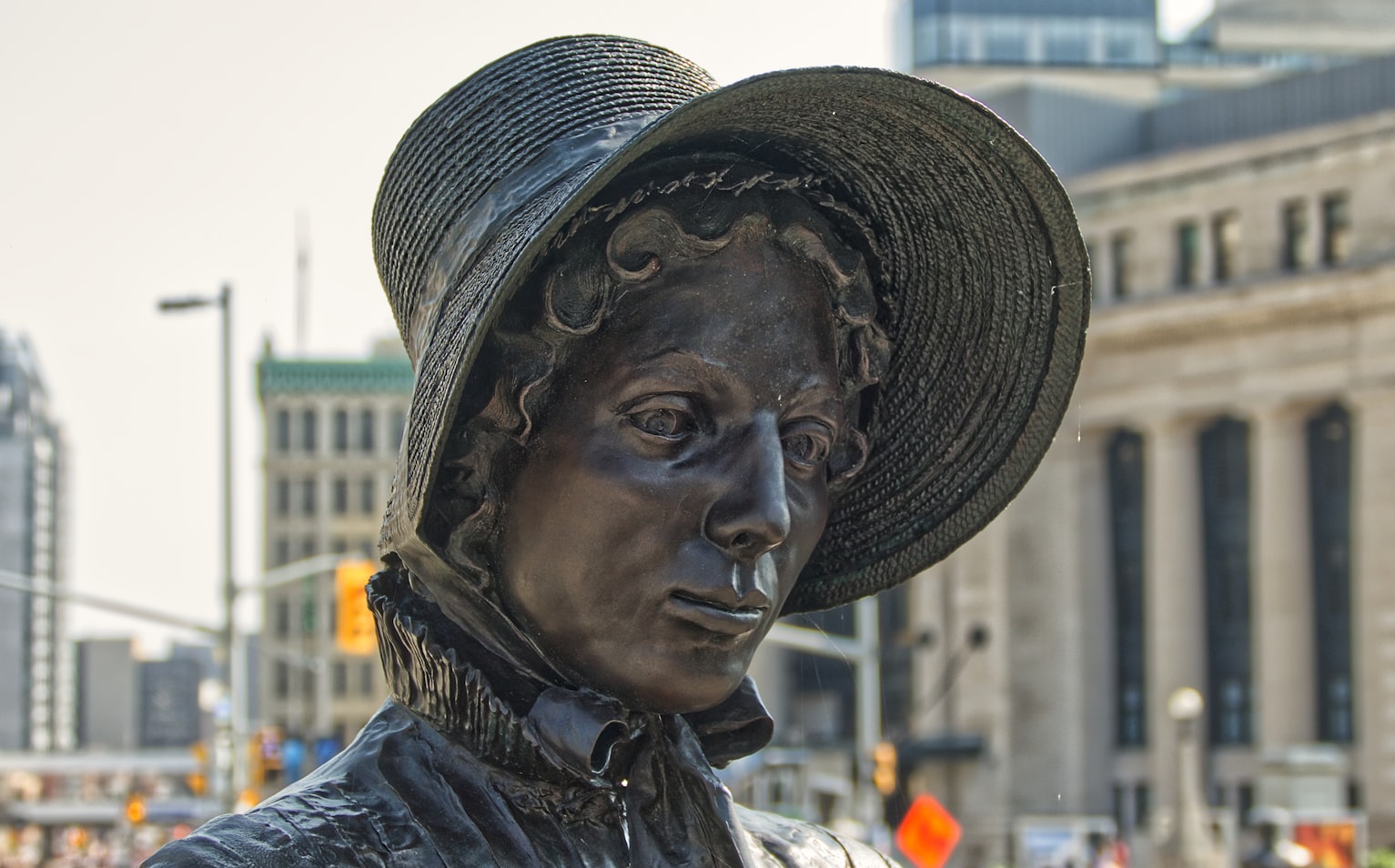
Source: Pascal Bernardon
If the statue is dirty, you can clean it with a mild soap and water solution. Be sure to use a soft cloth or sponge, and avoid using any harsh chemicals. You can use a dishwashing liquid or a mild soap that is specifically designed for cleaning bronze. Be sure to test the cleaning solution in an inconspicuous area first to make sure that it does not damage the statue.
Once you have cleaned the statue with soap and water, be sure to rinse it thoroughly with clean water. This will help to remove any soap residue. You can use a hose or a bucket of water to rinse the statue.
After you have rinsed the statue, dry it with a soft cloth. This will help to prevent water spots from forming. You can use a terry cloth towel or a microfiber cloth to dry the statue.
To protect the statue from further oxidation, you can apply a coat of wax. Be sure to use a wax that is specifically designed for bronze statues. You can find wax for bronze statues at most hardware stores.
Read our blog “How To Maintain a Bronze Statue” for more in-depth tips on cleaning bronze sculptures.
There are a few ways to tell the age of a bronze statue.
Many bronze statues will have a signature or foundry mark that can help to identify the artist or foundry that created the statue. This information can be used to date the statue.
The patina is the layer of oxidation that forms on the surface of a bronze statue over time. The color and thickness of the patina can help to date the statue.
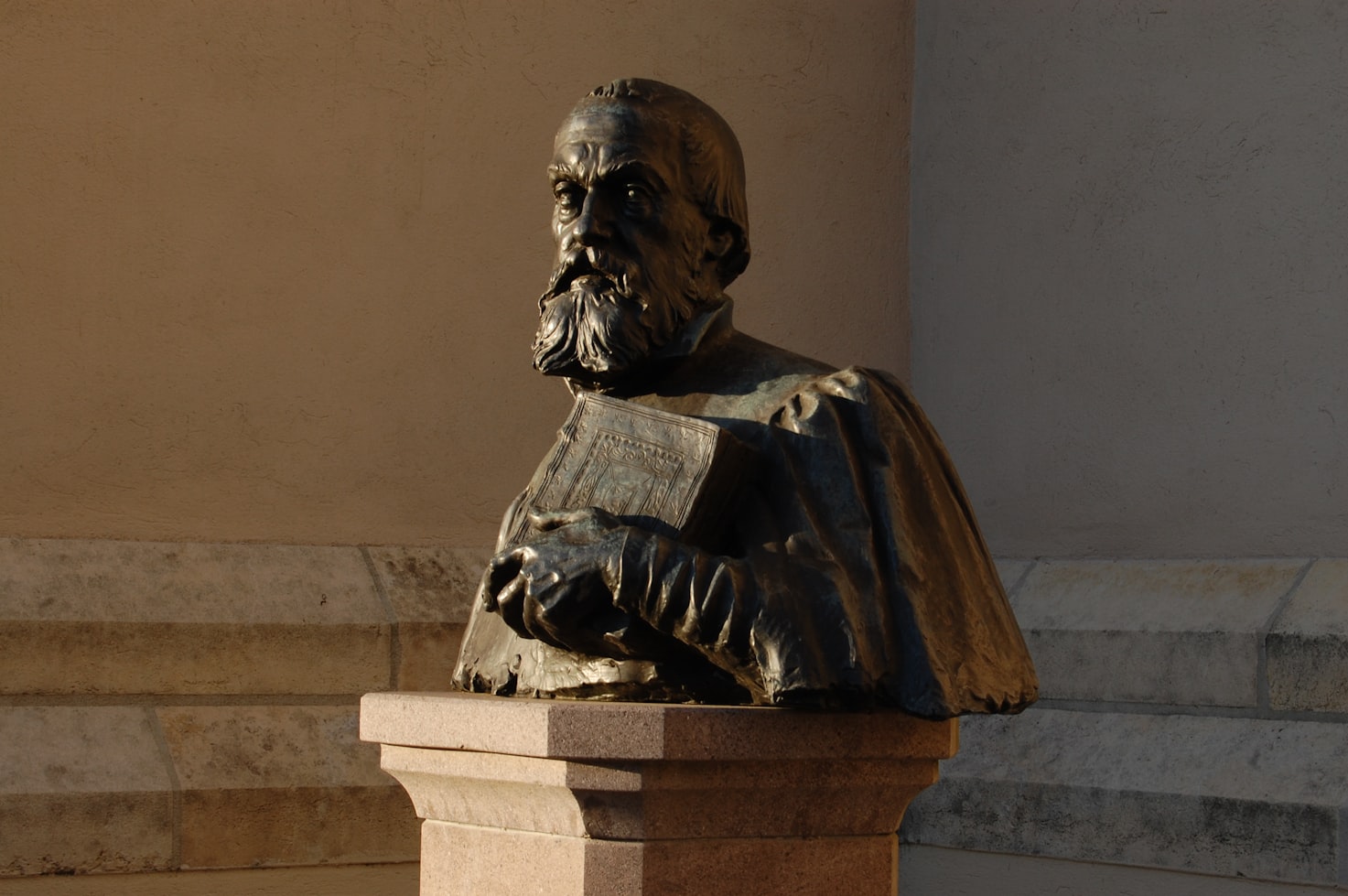
Source: Tibor Pinter
The style of a bronze statue can also help to date it. For example, statues that are in the classical style are typically older than statues that are in the Baroque or Rococo style.
If you are unsure of the age of a bronze statue, you can consult with an expert, such as an art historian or a conservator. They will be able to examine the statue and provide you with an estimate of its age.
Restoring a bronze sculpture is a delicate topic and we cannot discuss it in detail here. However, we have a blog that discusses the topic in detail, You can find it here, “Bronze Sculpture Conservation”
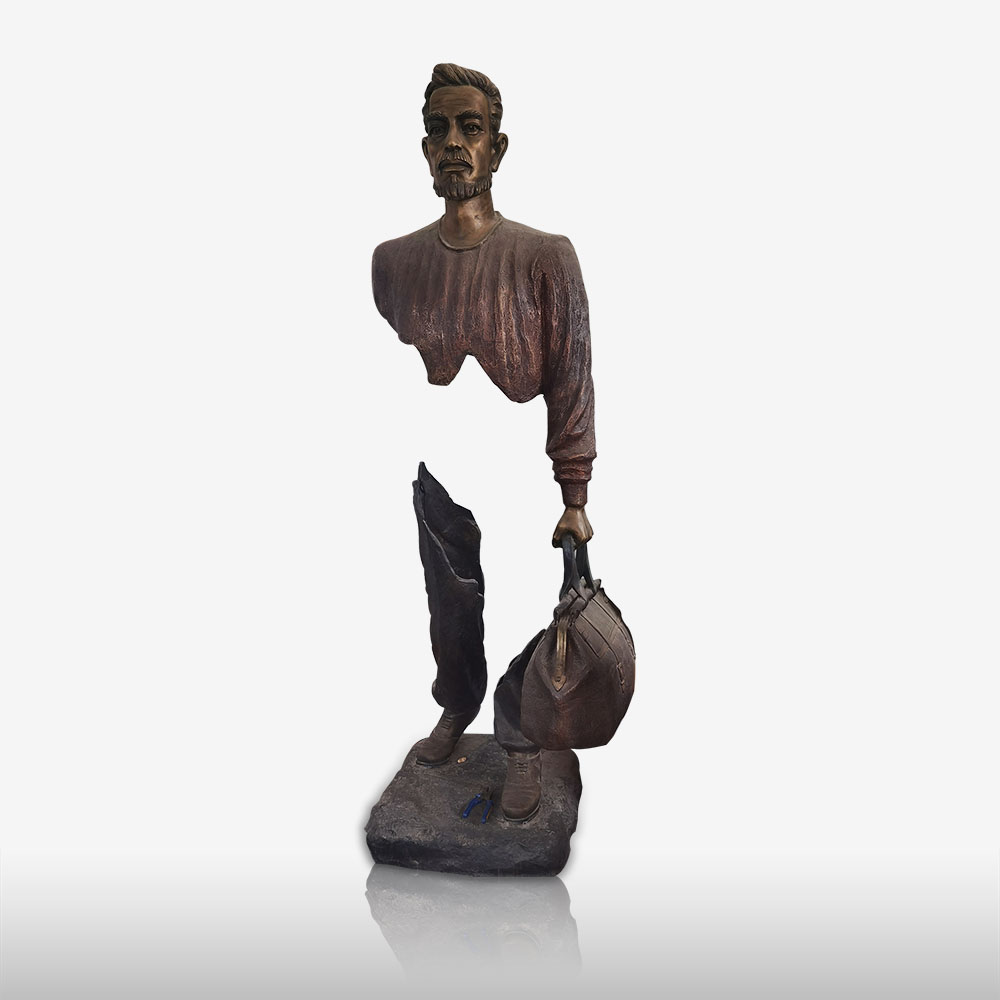
(Modern Bronze Statue Of Invisible Traveller)
Weight. Bronze is a relatively heavy metal, so a bronze statue will typically be heavier than a statue made of other materials, such as marble or wood.
Sound. If you tap a bronze statue with a hard object, it will produce a clear, ringing sound. Other metals, such as iron or steel, will produce a duller sound
Color. Bronze has a distinctive reddish-brown color. However, the color of a bronze statue can vary depending on the patina, which is the layer of oxidation that forms on the surface of the statue over time.
Magnet test. Bronze is not magnetic, so if you hold a magnet to a bronze statue, it will not stick
Scratch test. If you scratch the surface of a bronze statue with a sharp object, it will leave a yellow or gold mark. Other metals, such as brass or copper, will leave a different color mark
If you are still unsure whether a statue is bronze, you can consult with an expert, such as an art dealer or a conservator. They will be able to examine the statue and tell you what it is made of.
The largest Bronze Statue in the world is The Statue of Unity, Gujarat, India. Standing at 182 meters (597 ft). To read more about Monumental Bronze Sculpture read our blog here, “Monumental Bronze Sculptures”.
The time required to cast a bronze sculpture varies depending on factors such as size, complexity, and the chosen casting method. Generally, the process can take several weeks, involving stages like mold-making, wax work, ceramic shell creation, bronze pouring, and finishing. However, the precise timeframe is influenced by the individual project's intricacies and the artist's expertise.
A bronze sculpture studio such as Marbleism could cast a large bronze sculpture for 10 days
L'homme Au Doigt ($141.3 million) is the most expensive bronze sculpture ever sold, it was sold on 11, May 2015 in New York. To read more about expensive bronze sculptures, read our article here, “Top 10 Most Expensive Bronze Sculptures”
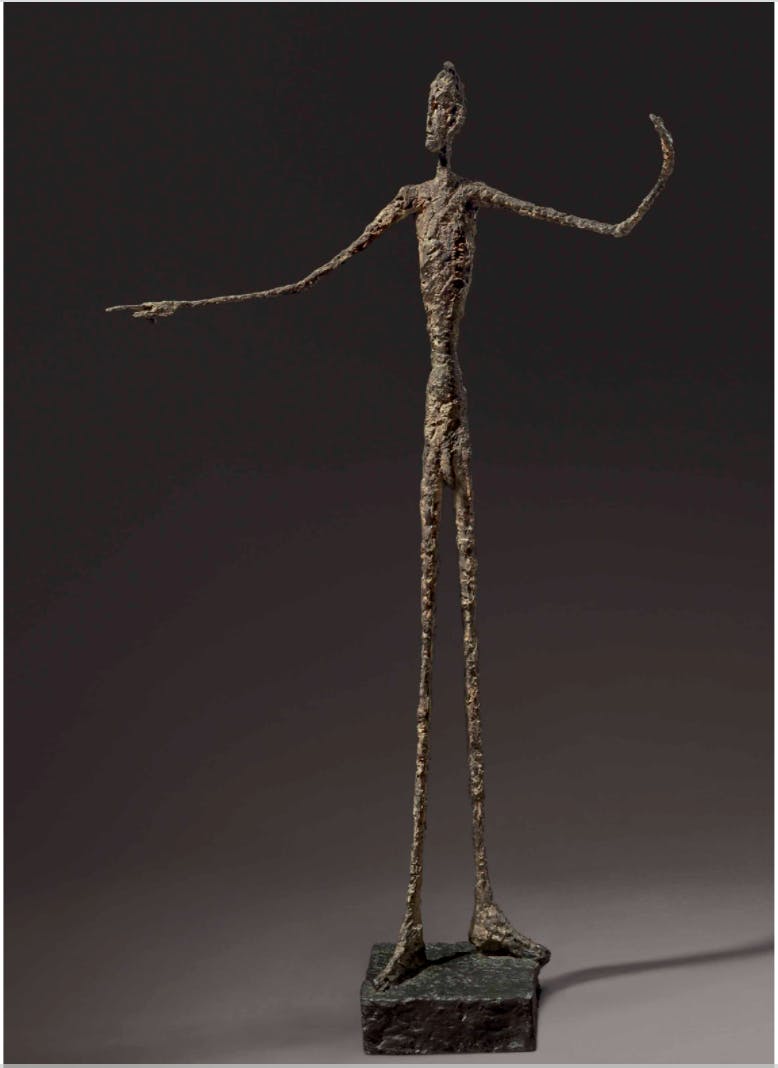
Source: Barnebys
The process of making a bronze statue is called lost wax casting. This is a centuries-old process that is still used today to create beautiful and durable bronze statues.
An in-depth article on this can be found here, “Casting Techniques”
Absolutely! Bronze sculptures can indeed be customized to suit individual preferences and specifications. Talented artists and sculptors possess the expertise to create unique and personalized bronze statues tailored to your vision. When it comes to remarkable bronze sculpture manufacturers, one name stands out in the industry: The Marbleism Studio.

Renowned for their exceptional craftsmanship and attention to detail, they specialize in creating large bronze statues that are both awe-inspiring and captivating. With a wide selection of bronze statues for sale, The Marbleism Studio offers a diverse range of options to meet your artistic desires. Their passion for creating exquisite bronze sculptures is evident in every piece, making them a top choice for those seeking exceptional quality and artistry.
If you're looking to purchase a bronze sculpture, look no further than The Marbleism Studio. As a remarkable bronze sculpture manufacturer, they are recognized as the best in the industry.
With an extensive collection of large bronze statues for sale, they offer various options to suit every taste and style. The Marbleism Studio stands out for its exceptional craftsmanship, attention to detail, and commitment to creating awe-inspiring bronze sculptures. Whether you're a collector or an art enthusiast, The Marbleism Studio is the go-to destination to find exquisite bronze artworks that elevate any space with their timeless beauty and artistic grandeur.
Thank you for taking the time to read this article. We hope that you found it informative and helpful. If you are interested in learning more about bronze sculptures, we encourage you to check out our blogs. We have a number of articles that discuss the history, process, and care of bronze sculptures

Source: Ahmer Kalam
We hope that you will continue to follow our work and that you will find our articles informative and helpful. Thank you again for your time and patience